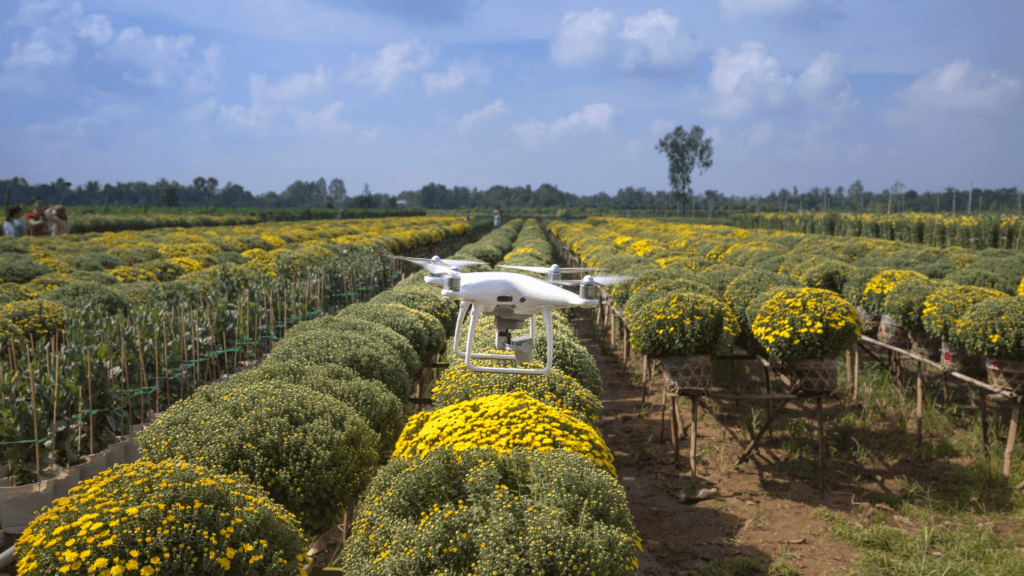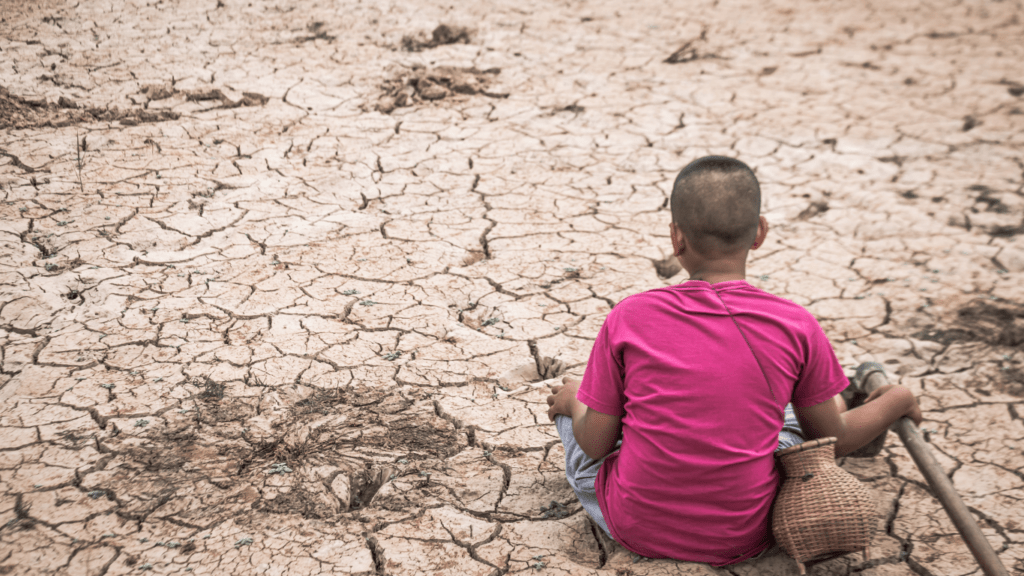Current Climate Challenges for Farmers
Farmers face numerous challenges due to climate change. These challenges impact crop yields and livestock productivity.
Increasing Weather Extremes
Extreme weather events become more frequent and severe. Farmers encounter prolonged droughts that reduce soil moisture, leading to diminished crop yields.
Intense rainfall causes flooding, which damages crops and erodes soil. Heatwaves stress livestock and crops, reducing productivity. For example, the 2012 US drought adversely affected 80% of agricultural land, per the USDA.
Soil Erosion and Degradation
Soil erosion worsens with increased rainfall intensity. Water and wind erosion remove topsoil, reducing soil fertility and productivity. Degraded soil loses its structure and nutrient content. Farmers then need more chemical inputs to maintain yields. The FAO reports 25% of the world’s agricultural land is highly degraded.
Existing Agricultural Policies
Current agricultural policies provide crucial support for farmers struggling with climate change effects, which range from financial backing to research development.
Subsidies and Financial Aid
Federal and state governments offer various subsidies to reduce the financial burden on farmers. These subsidies help lower costs for seeds, fertilizers, and other inputs, directly impacting profitability.
In 2020, the U.S. government provided approximately $46 billion in direct aid, disaster assistance, and loans (source: USDA). Crop insurance programs also offer protection against revenue loss due to adverse weather, ensuring financial stability. Emergency loans at low interest rates aid in recovery post-natural disasters, ensuring farms continue operations.
Research and Development Initiatives
Government bodies and private institutions invest heavily in agricultural research to counter climate change effects. The USDA allocates approximately $3 billion annually for research and extension programs.
This funding supports climate-resilient crop varieties and sustainable farming practices. Land-grant universities play a critical role by developing drought-resistant seeds and advanced irrigation techniques. Collaborative efforts by global agencies further expand knowledge and resources, benefiting farmers worldwide.
Proposed Policy Changes
As climate change continues to impact agriculture, new policy changes aim to provide better support to farmers.
Improved Subsidy Programs
Subsidy programs now focus on incentivizing eco-friendly farming methods. These improvements involve grants for adopting sustainable agricultural practices like crop rotation and integrated pest management.
Additionally, subsidies support the installation of water-efficient irrigation systems. For example, drip irrigation and rainwater harvesting systems receive funding to reduce water usage. Programs also prioritize small and medium-sized farms to ensure equitable distribution of resources.
Investment in Sustainable Practices
Investments target sustainable farming practices to reduce carbon footprints and enhance soil health. This includes funding for research into climate-resilient crop varieties.
For instance, drought-resistant crops and salt-tolerant plants receive significant attention. Policies also encourage regenerative farming techniques, such as cover cropping and no-till farming, to maintain soil fertility. Grants support renewable energy adoption on farms, like solar panels and wind turbines, to create energy-efficient agricultural operations.
Case Studies
Real-world examples show how policy changes can support farmers facing climate challenges.
Success Stories from Around the World
India’s Solar Pump Program illustrates the potential of renewable energy in agriculture. The government provides farmers with solar pumps to reduce reliance on diesel fuel, cutting costs and emissions. This initiative has installed over 200,000 solar pumps, boosting crop yields and income.
Netherlands’ Sustainable Dairy Chain demonstrates eco-friendly livestock practices. Dutch dairy farmers use advanced technology and sustainable methods to reduce greenhouse gas emissions. Innovations like precision feeding and manure management resulted in a 20% reduction in emissions from dairy farms between 2011 and 2019.
Australia’s Carbon Farming Initiative incentivizes farmers to adopt practices reducing carbon emissions. Farmers earn carbon credits by implementing activities like tree planting and soil carbon enhancement. Since its start in 2011, this initiative has engaged over 1,000 farmers and stored millions of tons of CO2.
Lessons Learned from Failed Policies
- Ethiopia’s Villagization Program aimed to move farmers to consolidated villages for more efficient resource use and infrastructure development.
Poor planning and lack of local input led to social disruption and decreased agricultural productivity, failing to achieve its goals. - Brazil’s ProSavanna Program, intended to modernize agriculture in the Cerrado region, faced criticism for marginalizing small-scale farmers and promoting monoculture.
The resulting environmental degradation outweighed productivity improvements, sparking protests and policy reevaluation. - The US government’s 1980s Farm Crisis policies focused on short-term financial bailouts rather than long-term sustainability, leading to farm bankruptcies and land loss.
This experience highlighted the need for holistic approaches addressing underlying issues like market access and environmental resilience.
The Role of Technology

Technology plays a key role in supporting farmers facing climate challenges. Innovations help increase efficiency and sustainability.
Digital Farming Solutions
Digital farming solutions offer real-time data and analytics. Farmers can use precision agriculture tools, like GPS-guided equipment, to optimize field management. Drones monitor crop health, detecting issues early and reducing intervention costs. Mobile apps provide such:
- weather forecasts
- pest alerts
- market prices
helping farmers make informed decisions.
Advances in Crop Science
Advances in crop science develop resilient crop varieties. Genetic engineering creates drought-tolerant, pest-resistant plants, reducing resource use. CRISPR technology enables precise gene editing, enhancing crop yields and quality. Research on soil microbiomes helps improve soil health, boosting productivity while maintaining ecological balance.
Stakeholder Involvement
Climate change impacts farming globally, making stakeholder involvement crucial in policy formulation.
Government Role
Government agencies create and implement agricultural policies. Legislators draft regulations that support sustainable farming. Funding allocation promotes climate-resilient practices and innovation. Examples include grants for renewable energy projects on farms and tax incentives for adopting eco-friendly techniques. Authorities collaborate with research institutions for technology development.
Farmer Participation
Farmers offer firsthand knowledge of climate impacts on agriculture. Engaging them ensures policies reflect real needs. They participate in decision-making through local councils and agricultural boards. Training and workshops educate them on sustainable practices. Digital platforms enhance communication between farmers and policymakers.



